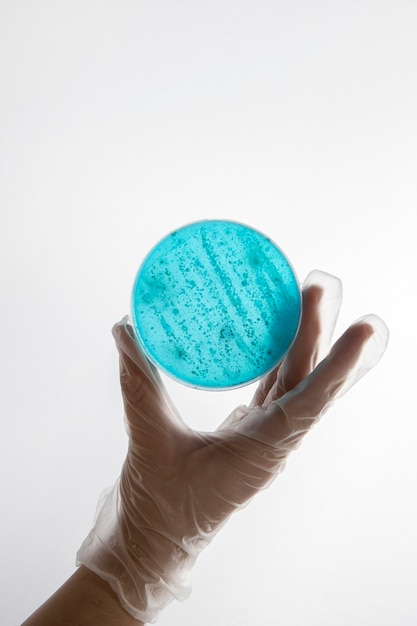Fascinating Facts About Silicon – Unveiling its Hidden Secrets

Silicon is the second most abundant element on Earth, after oxygen.
Silicon is a crucial component of most electronic devices, from smartphones to computers.
Silicon is a semiconductor, meaning it can conduct electricity under certain conditions.
Silicon is a key component in the production of solar panels, making them more efficient at converting sunlight into electricity.
Silicon is used in the production of glass, making it harder and more durable.
Silicon is a vital ingredient in the manufacturing of silicon chips, the brain of computers.
The atomic symbol for silicon is Si, derived from the Latin word silex meaning flint.
Silicon is a non-metal and has a crystalline structure.
Silicon is a vital nutrient for many living organisms, including humans.
Silicon is found in various forms, such as quartz, sand, and silicates.
Silicon has a high melting point of 1,414 degrees Celsius.
Silicon is commonly used as a lubricant in many manufacturing processes.
Silicon plays a vital role in bone formation and health in humans and animals.
Silicon is an essential component in the production of silicone, a versatile and widely used compound.
Silicon is used in the production of ceramics, making them stronger and more heat-resistant.
Silicon-based compounds are used in cosmetic products to improve skin texture and appearance.
Silicon wafers, made from highly refined silicon, are used in the production of integrated circuits.
Fascinating Facts About Silicon – Unveiling its Hidden Secrets part 2
Silicon is a key component in the development of artificial intelligence and machine learning technologies.
Silicon has a significant impact on the Earth’s geology, as it is a major component in rocks and minerals.
Silicon is a key element in the preservation of ancient artworks and artifacts.
Silicon is used as a catalyst in many chemical reactions, speeding up the process of chemical transformations.
Silicon is used in the production of fire-resistant materials, such as firebrick.
Silicon is used in the production of high-quality alloys, increasing their strength and versatility.
Silicon has a unique ability to absorb and release large amounts of energy, making it suitable for energy storage applications.
Silicon is a critical component in the production of microchips, enabling the miniaturization of electronic devices.
Silicon-based compounds are used in the production of adhesives, making them strong and long-lasting.
Silicon is a key player in the fight against climate change, as it is fundamental in the development of renewable energy technologies.
Silicon is used in the production of ceramics used for dental implants, making them biocompatible and durable.
Silicon plays an essential role in the growth and development of plants, improving their resistance to environmental stressors.
Silicon is used in the production of synthetic diamonds, making them more durable and valuable.
Silicon is a key element in the development of fiber optics, enabling the transmission of data at high speeds.
Silicon is used in the production of high-temperature-resistant materials for aerospace applications.
Silicon is used in the production of automotive parts, improving their strength and performance.
Silicon plays a crucial role in the purification of water, removing impurities and making it safe for consumption.
Silicon is a key component in the production of cosmetics and skincare products, improving their texture and effectiveness.
Silicon is used in the production of special glass coatings for solar thermal collectors, increasing their efficiency.
Silicon is used in the production of advanced medical devices and implants, improving patient outcomes.
Silicon-based compounds are used in the production of antiperspirants, preventing excessive sweating.
Silicon is a vital element in the development of smart clothing and wearable technologies.
Silicon is used in the production of rust-resistant coatings for buildings and infrastructure.
Silicon plays a crucial role in the production of high-quality steel, improving its strength and durability.
Silicon is used in the production of protective coatings for electronics, safeguarding them from moisture and corrosion.
Silicon-based compounds are used in the production of lubricants for machinery, reducing friction and wear.
Silicon is a critical component in the production of high-density memory storage devices, increasing their capacity.
Silicon is a fascinating element with diverse applications, continually driving innovation and technological advancements.